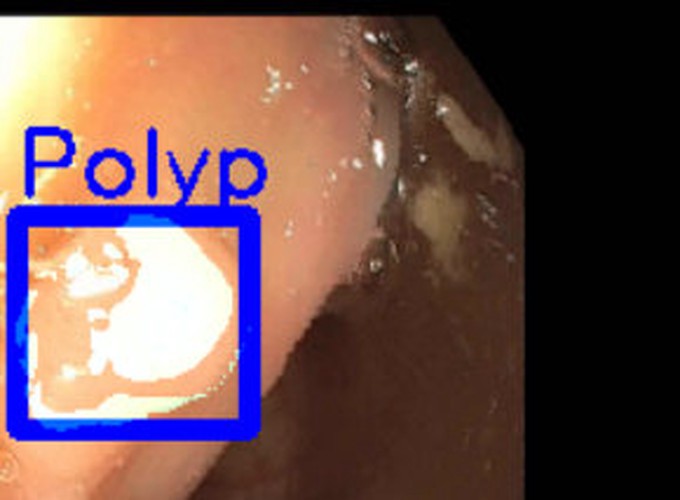Y-Net: A deep Convolutional Neural Network for Polyp Detection (BMVC 2018)
 Image credit
Image credit
Y-Net: A deep Convolutional Neural Network for Polyp Detection (BMVC 2018)
Abstract
Colorectal polyps are important precursors to colon cancer, the third most common cause of cancer mortality for both men and women. It is a disease where early detection is of crucial importance. Colonoscopy is commonly used for early detection of cancer and precancerous pathology. It is a demanding procedure requiring a significant amount of time from specialized physicians and nurses, in addition to a significant miss-rates of polyps by specialists. Automated polyp detection in colonoscopy videos has been demonstrated to be a promising way to handle this problem. However, polyps detection is a challenging problem due to the availability of limited amount of training data and large appearance variations of polyps. To handle this problem, we propose a novel deep learning method Y-Net that consists of two encoder networks with a decoder network. Our proposed Y-Net method relies on efficient use of pre-trained and un-trained models with novel sum-skip-concatenation operations. Each of the encoders are trained with encoder specific learning rate along the decoder. Compared with the previous methods employing hand-crafted features or 2-D/3-D convolutional neural network, our approach outperforms state-of-the-art methods for polyp detection with 7.3% F1-score and 13% recall improvement.